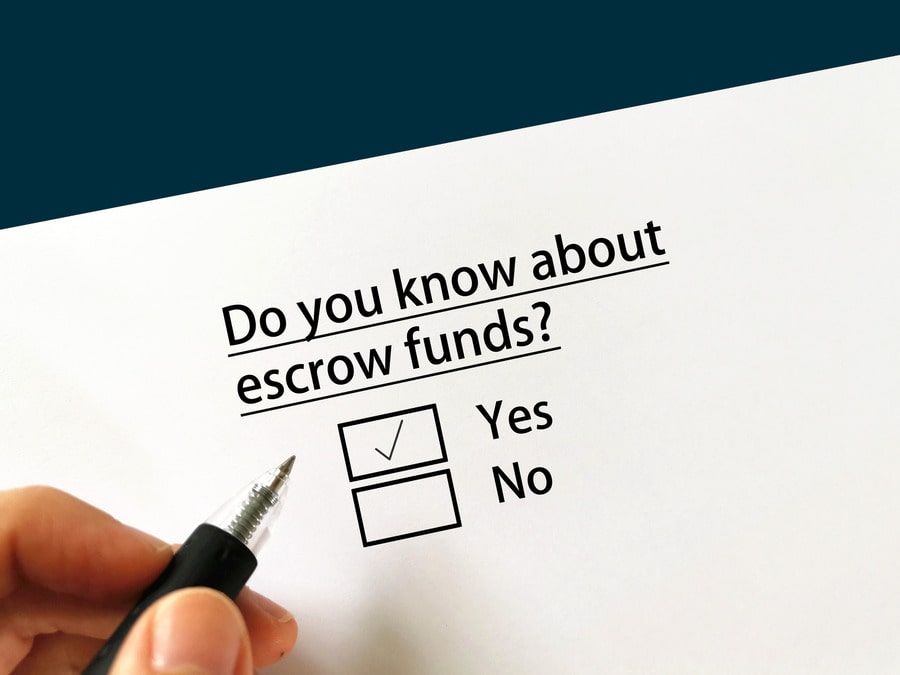Escrow Holdback vs. Earnest Money –
When it comes to financial transactions, particularly in real estate, terms like escrow holdback and earnest money are commonly mentioned. While both play an essential role in ensuring trust and fairness in a deal, they are not interchangeable. Knowing the distinctions between these two concepts can help buyers, sellers, and other stakeholders approach transactions with confidence.
At Secured Trust Escrow, we specialize in providing clear, secure escrow solutions tailored to your needs. In this article, we’ll clarify the differences between escrow holdbacks and earnest money deposits, including when and why each is used.
What Is Earnest Money?
Earnest money is a deposit made by a buyer to demonstrate their serious intent to purchase a property or enter into a contract. Often referred to as a “good faith deposit,” it reassures the seller that the buyer is committed to moving forward with the deal.
Key Features of Earnest Money:
– Purpose: To show the seller that the buyer is serious about the transaction and unlikely to back out without a valid reason.
– Timing: Typically, the buyer pays earnest money at the time the purchase agreement is signed.
– Amount: The deposit usually ranges from 1% to 3% of the property’s purchase price but can vary based on the specifics of the deal.
– Escrow Management: The funds are held securely in an escrow account by a neutral third party, like Secured Trust Escrow, until the transaction is completed.
– Refundability: Earnest money is often refundable if the deal falls through due to contingencies in the contract, such as issues with financing or inspections. However, if the buyer backs out without a valid reason, the seller may retain the deposit as compensation for lost opportunities.
What Is an Escrow Holdback?
An escrow holdback involves withholding a portion of the transaction funds in an escrow account after the primary deal has closed. The funds remain in escrow until specific conditions agreed upon by both parties are fulfilled.
Key Features of Escrow Holdback:
– Purpose: To ensure that sellers or contractors complete outstanding obligations, such as repairs, after the closing.
– Timing: Funds are withheld after the purchase agreement is signed and the primary transaction is finalized.
– Amount: The holdback amount is negotiated based on the scope and cost of the outstanding obligations.
– Release Conditions: The funds are only released when the specified conditions are met and verified. If obligations are not fulfilled, alternative terms—such as refunds or penalties—may apply.
Key Differences Between Earnest Money and Escrow Holdbacks
While both involve funds held in escrow, earnest money and escrow holdbacks serve distinct purposes at different stages of a transaction. Earnest money is paid at the beginning of the transaction to signal the buyer’s commitment, while escrow holdbacks occur at the end to address post-closing obligations.
Earnest money primarily protects the seller by providing reassurance that the buyer is serious, whereas escrow holdbacks protect the buyer by ensuring the seller completes agreed-upon tasks. Both mechanisms ensure accountability and reduce risks, but they cater to different needs in the transaction process.
When to Use Earnest Money
Earnest money is standard in most real estate transactions and benefits both the buyer and seller by:
– Demonstrating the buyer’s commitment to the deal.
– Protecting the buyer’s rights to the property while they finalize inspections or secure financing.
– Providing the seller with assurance that the transaction is moving forward in good faith.
With Secured Trust Escrow, you can rest assured that your earnest money deposit will be handled securely and professionally, protecting your interests throughout the transaction.
When to Use Escrow Holdbacks
Escrow holdbacks are particularly useful when certain conditions cannot be fulfilled before closing but are expected to be resolved afterward. Common examples include:
– Repairs: When a seller agrees to fix a leaky roof or other issues after closing.
– Permits: When the seller needs more time to secure permits or finalize documentation.
– Incomplete Projects: In construction deals, a portion of the payment may be withheld until all deliverables are completed.
Escrow holdbacks add a layer of security, ensuring that all agreed-upon obligations are met without compromising the closing process. At Secured Trust Escrow, we diligently manage holdback arrangements, so both parties feel protected.
Why Choose Secured Trust Escrow?
At Secured Trust Escrow, we are experts in managing escrow arrangements for both earnest money and escrow holdbacks. Our services include:
– Secure Fund Management: Your funds are held in a trusted, neutral account until conditions are met.
– Clear Communication: We keep all parties informed every step of the way.
– Customized Solutions: Whether you’re handling a simple transaction or a more complex deal, we tailor our services to meet your unique needs.
With decades of experience, our team ensures that your transactions proceed smoothly and securely, offering peace of mind from start to finish.
Understanding the differences between earnest money and escrow holdbacks is essential for anyone involved in real estate or other financial transactions. While earnest money demonstrates a buyer’s commitment, escrow holdbacks ensure that sellers or contractors fulfill their obligations.
By partnering with Secured Trust Escrow, you can navigate these processes with confidence, knowing that your funds are secure and your interests are protected. Contact us today to learn more about how we can assist with your escrow needs!



